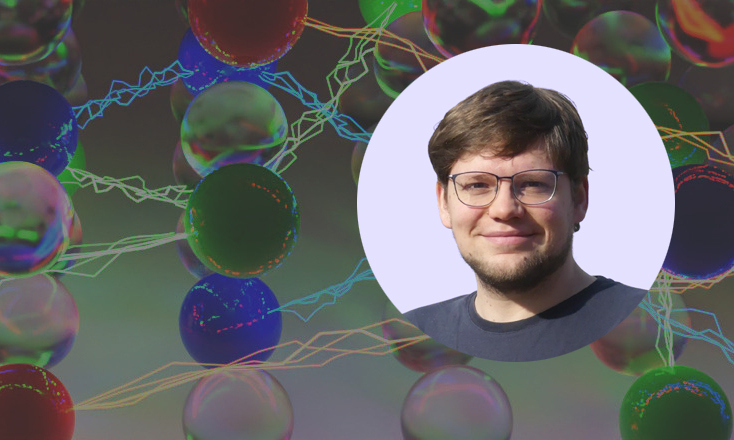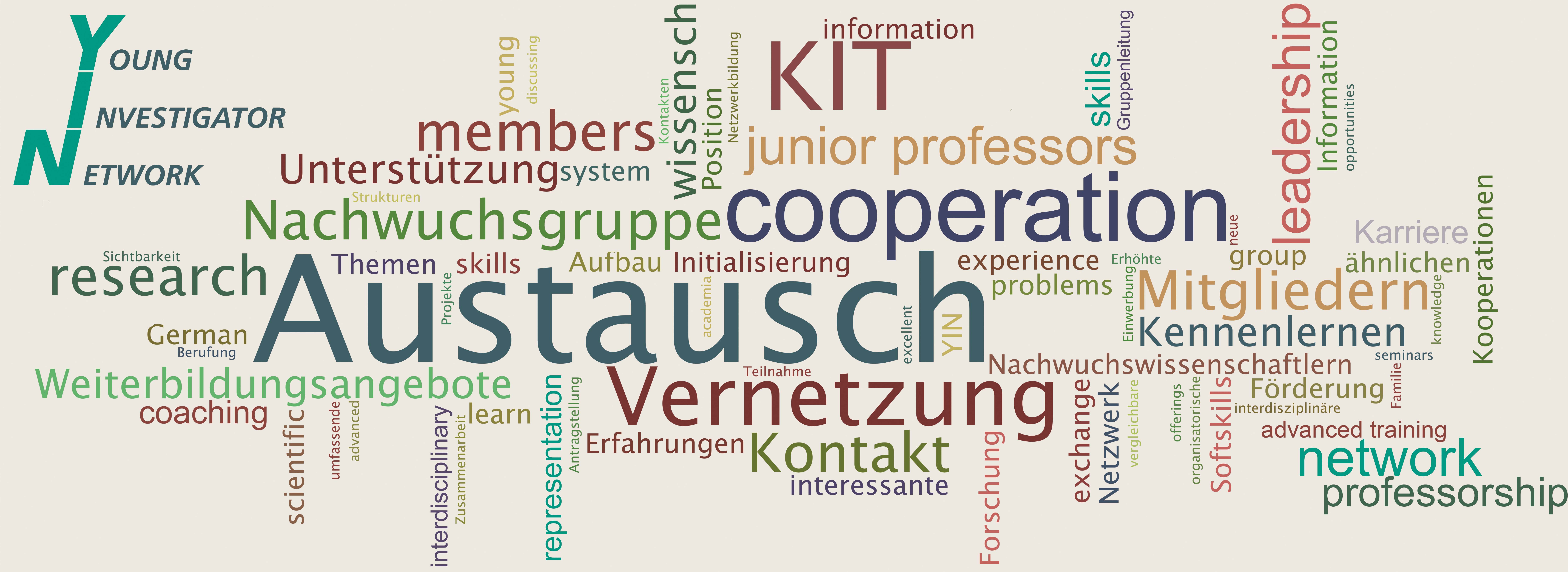The Young Investigator Network is the platform and democratic representation of interests for independent junior research group leaders and junior professors at the Karlsruhe Institut of Technology.
Peer Community
Representation of Interests
Professional Development
Academic Leadership
Individual Support
Funding Opportunities

Old-growth forests are late-successional ecosystems characterized by large trees, multi-layered canopies, abundant deadwood, and natural regeneration. They store carbon over centuries, regulate hydrological cycles, and maintain biodiversity. The European Journal of Forest Research now published a study showing that tree-related microhabitats are sensitive, early indicators of biodiversity, forest maturity and resilience. Their richness and abundance is strongly influenced by canopy structure and tree diameter. YIN supported the collaboration of first author Radhika Sood and Somidh Saha with a Networking Grant.
European Journal of Forest Research
Hurricane-like winter storms develop from the North Atlantic to Western Europe, causing millions of euros worth of damage and endangering people's lives. "Accurately predicting the location, timing and intensity of such extreme weather events has so far been a challenge," says Annika Oertel. Many of the physical processes take place over the Atlantic – an area that regular observation systems do not cover adequately. The large-scale NAWDIC measurement campaign will now use airborne and ground-based observations of the atmosphere to help improve weather forecasts and climate models.

Electronic hardware design, mathematical theorem proving, and verifying the security of critical systems are just a few examples of use for automated reasoning. “We understand Automated Reasoning as the algorithmic exploration of a formal rule set in order to deduce formally precise properties,” says Dominik Schreiber. His group conducts research at the intersection of algorithm engineering, parallel computing, and formal methods and develops efficient solving approaches for logical problems.
more
In tandem with Anke Kläver, Franziska Meinherz won funding as part of the Margarete von Wrangell Junior Professor Program. This program of the Baden-Württemberg Ministry of Science, Research and the Arts supports three-year tandems between female postdoctoral researchers who have just completed their doctorates and female junior professors. Franziska Meinherz and Anke Kläver applied with the project "The emergence of platform delivery cyclists: Implications for the politics of cycling". In the interview, Franziska Meinherz reveals how they both benefit from the tandem.
